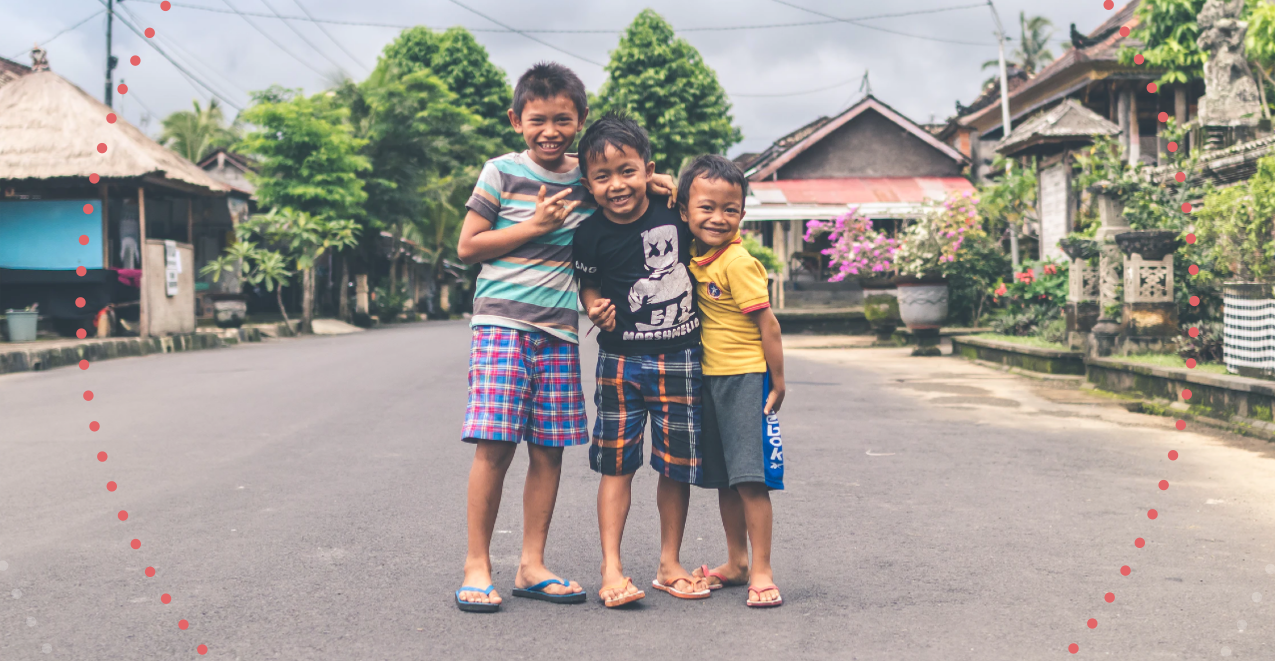This research report, supported by Polis, presents findings from a survey of Indonesians living in Bali for a UBI experiment based on Circles. Circles is a project that puts basic income on the blockchain. This report aims to understand the viability of such an implementation, discover pain points and possible solutions, and determine potential implementation strategies. Questions in this survey focused on the particular areas relevant to this program—namely technology and internet usage, trading habits, and financial literacy.
Findings from this report indicate high potential adoption rates and social structures that support the viability of a local program. Analysis revealed that people are excited about the concept of a community basic income, and would like to see this program be successful. The study indicates that such an implementation of universal basic income could create massive change toward supporting the wellbeing and livelihood of Balinese people.
This study uncovers recommended strategies for a successful implementation. Simplified and clear communication is a necessary tactic, given the complexity of the project and newness of the subject material. One suggested path would be to introduce the application to women, who are the financial heads of households, to encourage community acceptance. Another viable path may be through Balinese youth, who are more open to technology. An ideal target community is middle class to avoid issues with precarity given the experimental status of the current system.
Another advised approach includes creating a local business consortium accepting Circles as payment to enable a self sustaining B2B network. This B2B network can increase liquidity and revenue through the use of the Circles tokens providing much needed grease in the economic engine. Due to the pandemic, Bali has an issue with very little money in the system and also a potential liquidity crisis as companies go bankrupt and money leaves the island. This is because 80% of income is dependent on tourism, which has now plummeted. Perhaps now is an ideal time for introducing an alternative currency to increase economic flow for businesses.
There are several inherent obstacles to overcome with implementation: bootstrapping, community, and communication. In the initial bootstrapping stage, respondents indicate the need to clearly understand how their primary needs will be met. One potential solution is to include partners such as the farmer’s fresh food distribution initiative, Pasar Rakyat. Since community is critical to Balinese culture, it is important to have banjars, or local community councils, approached for acceptance of the program. Clear and simple communication is needed to help Balinese overcome views surrounding money and transactions. Without a good marketing strategy, these beliefs around money may limit adoption of the program. In addition, concerns about security and complexity of the application could be addressed by creating a specific application in the Indonesian language. One solution would be to utilize Memri for this function, which could provide translation features, data security, and additional data storage.
With time to integrate the new system properly given the recommended guidelines listed through this paper, there is a good probability for success of this experiment. As this study shows, universal basic income implementation with Circles and Memri can solve huge issues for the Balinese people—improving wealth equality, meeting basic needs, expanding business opportunities, and providing needed data storage.
If you would like to be involved in bringing UBI to Bali, funding, and for more information or comments, please reach out to Shaunda Brown at shaunda@polis.global.

